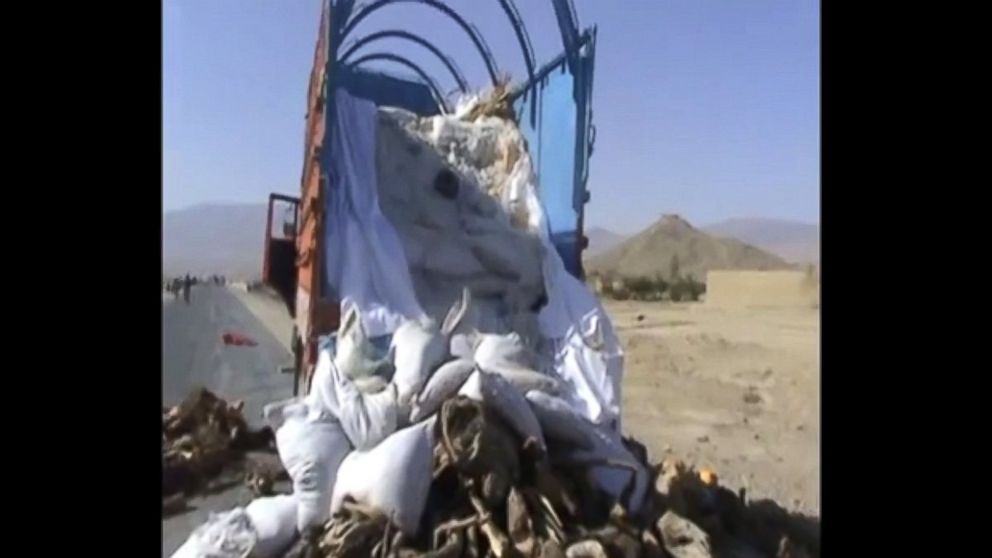
A French priest has been kidnapped in northern Cameroon close to the border with Nigeria, the French foreign ministry says.
Georges Vandenbeusch was seized in the early hours of Thursday near Koza, about 30km (19 miles) from the border.
Around 15 gunmen burst into the compound in Nguetchewe where the priest worked, according to his bishop.
The Nigerian Islamist militant group, Boko Haram, is known to operate in the area.
"We are working with Cameroonian authorities to secure his release," French officials said in a statement.
'Danger'
France says it warned people that the area was dangerous but that the 42-year-old "chose to remain in his parish to carry out his work".
The Paris-based bishop responsible for Mr Vandenbeusch, Monseigneur Gerard Daucourt, said the priest's suitcase was found on the road to Nigeria with only a chequebook in it, according to Reuters news agency.
A nun who worked with Mr Vandenbeusch at the compound told Agence France-Presse news agency that the gunmen were English speakers who arrived on foot.
A Cameroon government spokesman, Issa Tchiroma Bakary, told the agency that officials feared the priest had already been taken out of the country.
Cameroonian officials said he may have been targeted by Boko Haram.
French President Francois Hollande said "everything will be done" to secure the priest's release.
Speaking on a trip to Monaco, he urged French citizens not to put themselves in harm's way, according to AFP.
Boko Haram at a glance
- Founded in 2002
- Official Arabic name, Jama'atu Ahlis Sunna Lidda'awati wal-Jihad, means "People Committed to the Propagation of the Prophet's Teachings and Jihad"
- Initially focused on opposing Western education
- Nicknamed Boko Haram, a phrase in the local Hausa language meaning, "Western education is forbidden"
- Launched military operations in 2009 to create an Islamic state across Nigeria
- Founding leader Mohammed Yusuf killed in same year in police custody
- Succeeded by Abubakar Shekau, who the military wrongly claimed in 2009 had been killed
- Suspected to have split into rival factions in 2012
- Military claims in August 2013 that Mr Shekau and his second-in-command Momodu Bama have been killed in separate attacks; no independent confirmation of claim
Earlier this year, seven members of a French family - four of them children - were abducted by Islamist militants and held hostage for two months.
 The kidnapped Moulin-Fournier family were welcomed back to France by President Hollande in April
The kidnapped Moulin-Fournier family were welcomed back to France by President Hollande in April
The Moulin-Fournier family was first abducted near Cameroon's northern Waza National Park, which lies just a few kilometres from the Nigerian border, in February.
They were taken over the border to neighbouring Nigeria.
Boko Haram was paid more than $3m (£2m) before releasing the family, according to a confidential Nigerian government report.
The report, seen by Reuters news agency, did not say who paid the money.
Both France and Cameroon denied paying a ransom while Nigeria has not commented on the issue.
[http://www.bbc.co.uk/news/world-africa-24936965]
www.iactts.com







